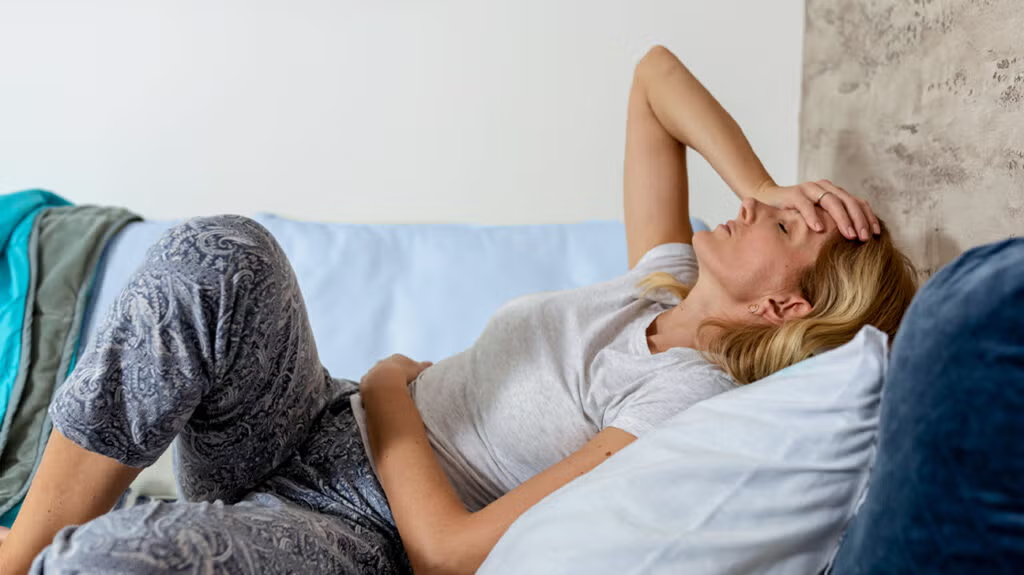Experiencing severe menstrual pain can be overwhelming and disruptive. If you’re wondering what to do if you have really bad period cramps, you’re not alone—many people who menstruate face this challenge. Fortunately, there are effective strategies, remedies, and lifestyle adjustments to help ease the pain and improve your quality of life.
In this detailed guide, you’ll learn about the causes of intense menstrual cramps, practical ways to relieve them, and when to seek medical help. Whether you want natural home remedies or medical options, this article covers it all in a clear, supportive tone for anyone struggling with painful periods.
Understanding Really Bad Period Cramps: What Are They and Why Do They Happen?
Menstrual cramps, also known as dysmenorrhea, happen when the uterus contracts to shed its lining each month. These contractions are stimulated by hormone-like substances called prostaglandins. Higher prostaglandin levels often cause stronger cramps, which feel like intense, sharp, or throbbing pain in the lower abdomen, sometimes radiating to the lower back or thighs.
Really bad period cramps might also be a symptom of underlying conditions such as endometriosis, fibroids, adenomyosis, pelvic inflammatory disease, or ovarian cysts, so understanding the cause is important.
What to Do If You Have Really Bad Period Cramps: Immediate Home Remedies
1. Apply Heat to Your Abdomen or Lower Back
Heat is one of the most effective ways to reduce menstrual cramp pain. Use a heating pad, hot water bottle, or heat patch on the lower abdomen or back. Heat relaxes the uterine muscles and increases blood flow, which helps reduce contractions and pain intensity.
- Try a warm bath for 20 minutes if you don’t have a heating device.
- A homemade heat pack filled with rice can be heated in a microwave and reused.
2. Take Over-the-Counter Pain Relief
NSAIDs like ibuprofen (Advil, Motrin) or naproxen (Aleve) reduce prostaglandin production, which helps relieve pain and inflammation. For best results:
- Take these medications at the onset of cramps, or even a day before your period starts if your pain is predictable.
- Follow the recommended dosage and consult your doctor if you have any health conditions or are on other medications.
3. Stay Hydrated and Drink Herbal Teas
Drinking plenty of water can reduce bloating, which sometimes worsens cramps. Herbal teas such as chamomile, ginger, peppermint, or cinnamon also have natural anti-inflammatory and antispasmodic properties that may help relieve pain.
4. Gentle Exercise and Stretching
While it might be hard to move during cramps, light exercise can increase blood circulation and promote the release of endorphins—natural painkillers that improve mood and reduce pain perception.
- Try gentle yoga, walking, or stretching for 15 to 20 minutes.
- Avoid strenuous activity if your pain is severe.
Dietary and Lifestyle Approaches to Manage and Prevent Bad Period Cramps
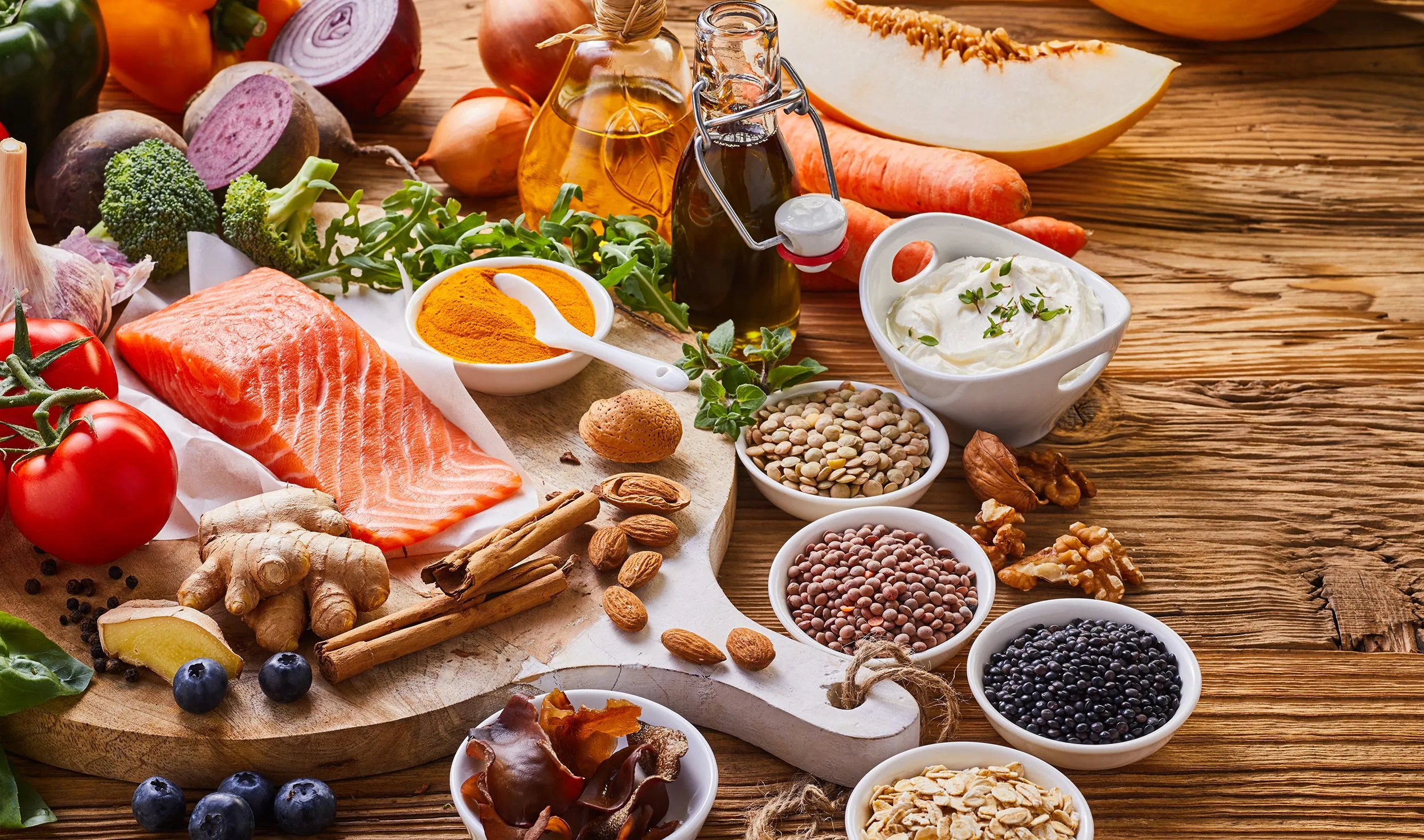
Eat Anti-Inflammatory Foods
Certain foods help reduce inflammation and ease menstrual discomfort:
- Berries, leafy greens, tomatoes, and fatty fish (salmon) are rich in antioxidants and omega-3 fatty acids.
- Spices like turmeric and ginger add anti-inflammatory benefits.
Avoid processed foods high in salt, sugar, and trans fats as they can increase bloating and inflammation, worsening cramps.
Limit Caffeine and Alcohol
Caffeine constricts blood vessels, which can increase cramping, while alcohol can dehydrate your body and exacerbate bloating. Switching to decaf during your period or limiting intake may help reduce pain.
Take Dietary Supplements
Studies show that supplements such as vitamin D, magnesium, vitamin B1, and omega-3 fatty acids might lessen menstrual pain when taken regularly.
- Always check with your healthcare provider before starting new supplements.
- Consistency is key—start supplements well before your period for best results.
Alternative and Natural Therapies for Severe Menstrual Cramps
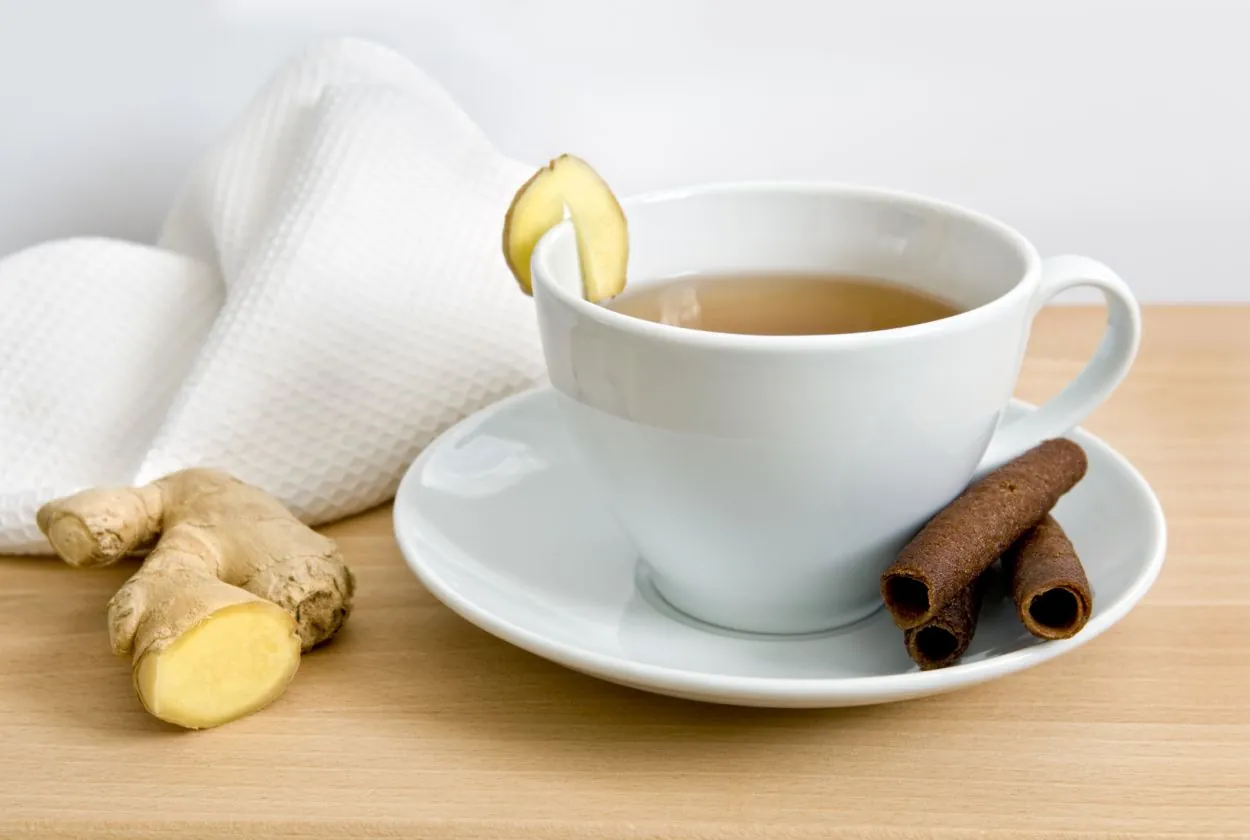
Acupuncture and Acupressure
Both acupuncture and acupressure have shown promise in reducing menstrual cramps in some studies. These involve stimulating specific points on the body to relieve pain and improve blood flow.
- Acupuncture is performed by licensed practitioners using thin needles.
- Acupressure involves applying pressure with fingers or devices at targeted points.
Aromatherapy and Essential Oils
Scents like lavender, clary sage, and peppermint may reduce stress and perception of pain. Applying diluted essential oils via massage or inhalation during your period can provide relief.
Massage Therapy
Massaging the lower abdomen or back can relax tense muscles and improve circulation, reducing cramps.
When to See a Doctor About Really Bad Period Cramps
While many people can manage period pain at home, there are times when cramps require medical attention.
Seek Professional Advice If You Have:
- Severe pain that stops you from daily activities.
- Sudden worsening of pain or pain that lasts longer than 3 days.
- Heavy bleeding with clots or bleeding between periods.
- Pain accompanied by fever, nausea, or vomiting.
- Symptoms consistent with conditions like endometriosis or pelvic inflammatory disease.
Your healthcare provider may recommend:
- Prescription pain medications.
- Hormonal birth control to regulate periods and reduce cramps.
- Further testing such as ultrasound.
- Surgery for conditions like fibroids or endometriosis.
Practical Examples: What to Do If You Have Really Bad Period Cramps Starting Now
- Start by applying a heating pad to your abdomen while sitting or lying down comfortably.
- Take an ibuprofen dose according to package instructions after eating.
- Sip on a cup of warm chamomile tea and breathe deeply to help relax your muscles.
- If you can, do gentle stretching or take a slow, short walk.
- Rest and avoid caffeine or salty snacks.
- If pain worsens or symptoms become severe, call your healthcare provider or seek urgent care.
Effective Strategies for What to Do If You Have Really Bad Period Cramps
To recap, if you’re wondering what to do if you have really bad period cramps, take these steps:
- Use heat therapy on your abdomen or back.
- Take NSAIDs like ibuprofen early in your cycle.
- Stay hydrated and drink herbal teas.
- Engage in gentle exercise.
- Eat an anti-inflammatory diet and avoid caffeine and junk food.
- Explore alternative therapies such as acupuncture or massage.
- Consult your doctor if pain is severe, persistent, or unusual.
Remember, severe period cramps are not something you have to just “deal with.” With these practical tips and medical guidance as needed, you can find relief and take control of your menstrual health.
Understanding the Different Types of Period Cramps and Their Causes
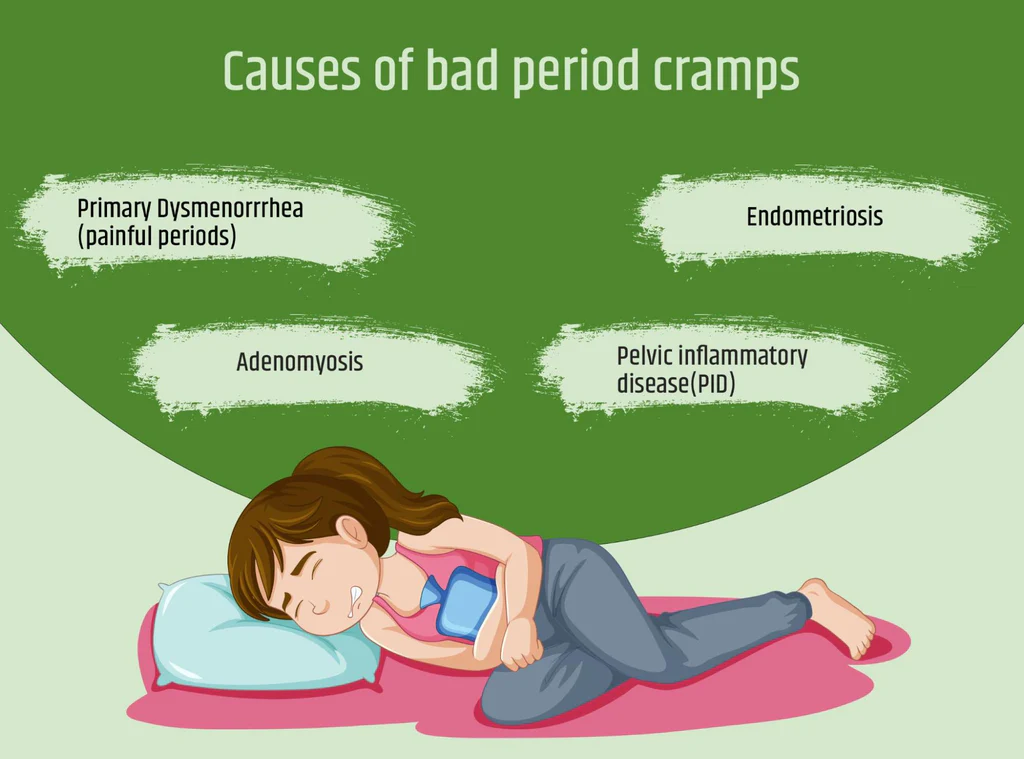
When thinking about what to do if you have really bad period cramps, it’s helpful to understand that not all cramps are the same. There are two main types of menstrual cramps: primary and secondary, and each has different causes and implications for treatment.
Primary Dysmenorrhea: The Most Common Type
Primary dysmenorrhea refers to common menstrual cramps that are caused by natural hormonal changes. During menstruation, the body produces prostaglandins, which trigger the uterus to contract and shed its lining. Higher prostaglandin levels can lead to stronger and more painful contractions.
Symptoms of primary dysmenorrhea include:
- Cramping pain in the lower abdomen, starting a day or two before your period and lasting for 2 to 3 days.
- Pain sometimes radiating to the lower back and thighs.
- Nausea, diarrhea, or headaches accompanying cramps.
This type of cramping usually begins in adolescence and may improve or lessen with age or after childbirth. Home remedies and over-the-counter medications are often effective.
Secondary Dysmenorrhea: When There’s an Underlying Condition
Secondary dysmenorrhea describes painful periods caused by medical conditions affecting the reproductive organs, such as:
- Endometriosis: When tissue similar to the uterine lining grows outside the uterus, causing severe and chronic pain.
- Uterine fibroids: Noncancerous growths that may press on the uterus and cause pain.
- Adenomyosis: When the inner lining of the uterus grows into the muscular wall.
- Pelvic inflammatory disease (PID): Infection of the reproductive organs.
- Ovarian cysts: Fluid-filled sacs on the ovaries that may cause pain if ruptured or large.
Unlike primary dysmenorrhea, secondary dysmenorrhea symptoms often worsen over time and may begin well before your period starts. These cases often require medical diagnosis and specialist treatment such as hormonal therapy or surgery.
Why Knowing Which Type You Have Matters
If your cramps are really bad and don’t respond to usual remedies, or if they start suddenly after years of mild periods, you should consult a healthcare provider for evaluation and targeted management. Identifying whether your cramps are primary or secondary influences the treatment approach.
How Stress and Mental Health Impact the Severity of Period Cramps
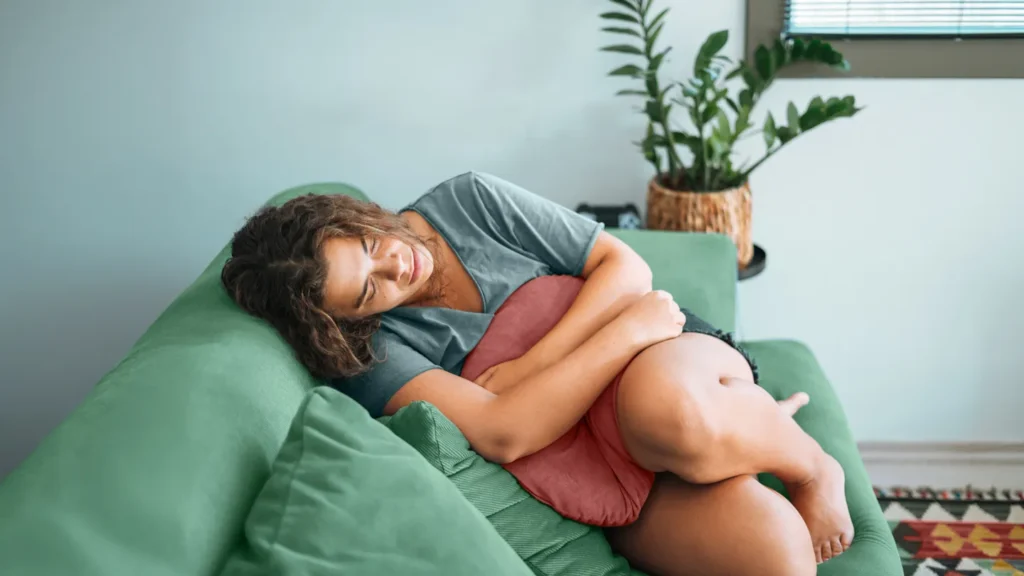
A lesser-known factor affecting menstrual cramps is mental health and stress levels. When considering what to do if you have really bad period cramps, addressing emotional and psychological well-being can also help reduce pain.
The Stress-Pain Connection
Stress triggers the release of hormones like cortisol, which can increase inflammation and amplify pain sensations. Chronic stress or anxiety can also affect your perception of pain, making cramps feel more intense.
Practical Coping Strategies
- Mindfulness meditation: Practicing mindfulness has been shown to reduce stress and pain perception.
- Breathing exercises and progressive muscle relaxation: These techniques can alleviate muscle tension associated with cramps.
- Counseling or therapy: If menstrual pain is significantly affecting your quality of life, speaking with a mental health professional may be helpful.
Exercise as a Stress Reliever
Physical activity not only helps with circulation and endorphin release but also improves mood and reduces anxiety, indirectly easing cramp severity.
The Role of Hormonal Birth Control in Managing Severe Period Cramps
If you regularly suffer from intense menstrual cramps, hormonal contraceptives can be a game-changer. Understanding the options available may help you decide if this path is right for you.
How Hormonal Birth Control Helps
Birth control pills, patches, rings, hormonal IUDs, and implants work by regulating or suppressing ovulation and thinning the uterine lining, which reduces prostaglandin production and thus decreases cramping.
Benefits Beyond Pain Relief
- More regular and predictable periods.
- Reduced menstrual bleeding.
- Possible improvement in acne and hormonal balance.
Considerations and Discussions with Your Doctor
- Some people may experience side effects like mood changes or weight fluctuations.
- It may take a few cycles before you notice pain relief.
- Your healthcare provider can help you choose the best method suited to your health and lifestyle.
Long-Term Self-Care Practices to Anticipate and Minimize Severe Menstrual Cramps
Beyond immediate relief, adopting long-term habits can significantly reduce the frequency and intensity of really bad period cramps.
Maintain a Balanced and Nutritious Diet
- Incorporate plenty of fruits, vegetables, whole grains, and lean proteins.
- Limit processed foods and sugary snacks.
- Consider adding foods rich in calcium and vitamin E.
Establish a Regular Exercise Routine
Engage in aerobic activities such as swimming, cycling, or brisk walking at least 3-5 times weekly to improve circulation and reduce inflammation.
Prioritize Sleep Quality
Adequate rest supports hormone regulation and stress management. Aim for 7-9 hours of sleep per night.
Track Your Menstrual Cycle
Using a diary or menstrual app to record your symptoms helps identify patterns, enabling you and your doctor to tailor treatments or detect red flags early.
Avoid Smoking and Limit Alcohol
Both habits have been linked to increased menstrual pain for some people.
When to Consider Medical Interventions for Really Bad Period Cramps
If you have tried home remedies and lifestyle changes but still experience really bad period cramps interfering with your daily life, it may be time to explore medical interventions.
Diagnostic Procedures Your Doctor May Suggest
- Pelvic ultrasound: To look for fibroids or cysts.
- Magnetic resonance imaging (MRI): For a detailed view, especially if endometriosis is suspected.
- Laparoscopy: A minimally invasive surgery to diagnose and treat conditions like endometriosis.
Prescription Medications
- Stronger pain medications or muscle relaxants.
- Hormonal therapies such as gonadotropin-releasing hormone (GnRH) agonists.
- Nonsteroidal anti-inflammatory drugs (NSAIDs) with prescriptions for higher doses.
Surgical Options
Reserved for cases where other treatments don’t work, options may include:
- Removal or ablation of endometrial implants.
- Myomectomy for fibroids.
- Hysterectomy in severe and refractory cases.
Empowering Yourself: Tips for Managing Really Bad Period Cramps at Work and School
Dealing with severe cramps doesn’t mean you have to stop living your life. With some planning and preparation, you can manage symptoms while staying productive.
Practical Tips
- Keep a heating pad or heat patch handy.
- Dress comfortably, ideally in loose clothing.
- Stay hydrated and avoid caffeine during your cycle.
- Use pain relief medications preventively if you know when your cramps start.
- Communicate with supervisors or teachers about your needs for breaks or accommodations when necessary.
- Practice seated stretches or short walks to ease stiffness.
Final Thoughts: Taking Control When You Have Really Bad Period Cramps
Understanding what to do if you have really bad period cramps empowers you to find the best relief and improve your quality of life. From home remedies to professional care, a combination of approaches can make a big difference. Don’t hesitate to seek medical help if your pain is severe, worsening, or unusual. Your comfort and well-being matter, and effective options are available to help you live well with your menstrual cycle.
